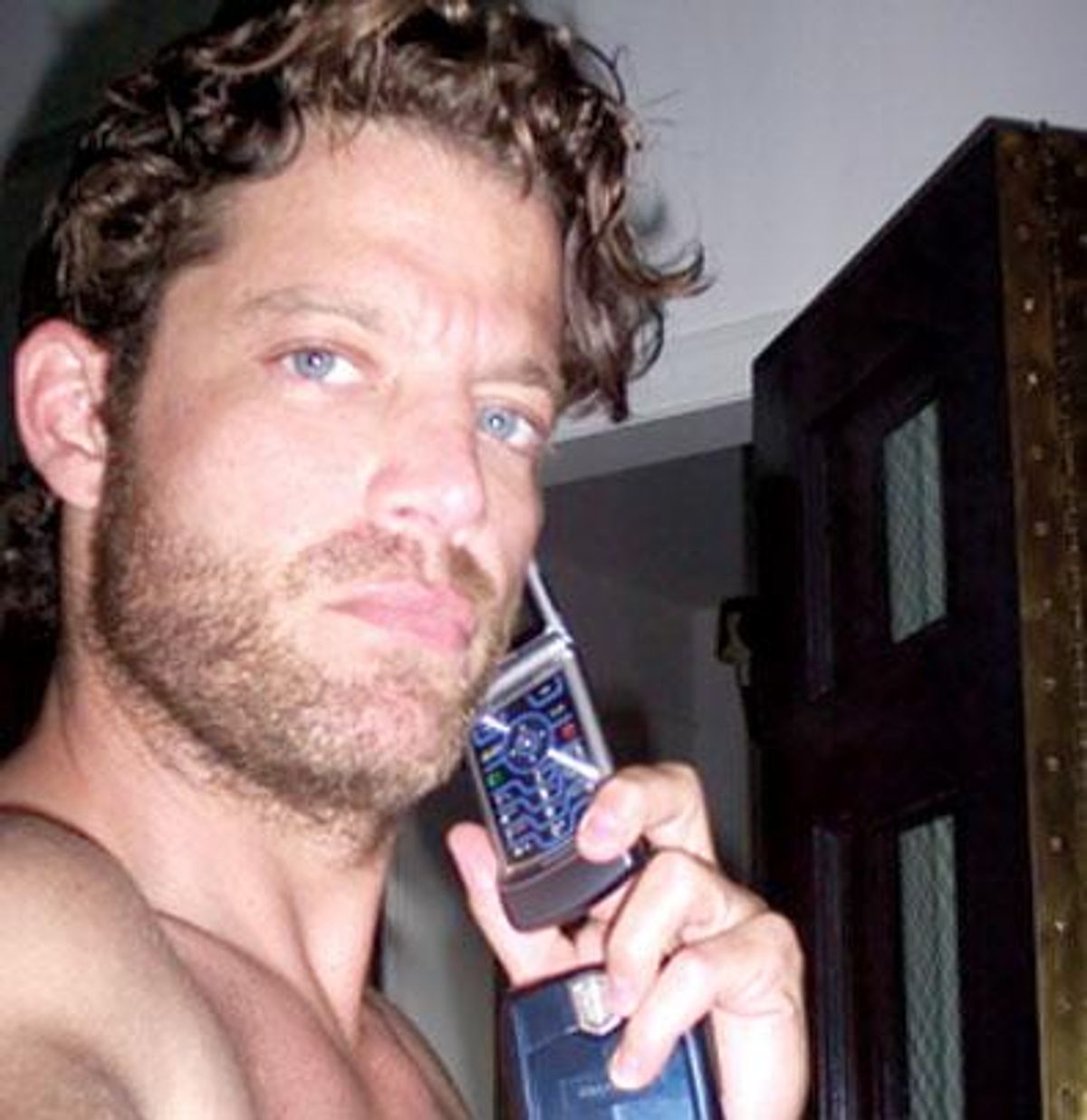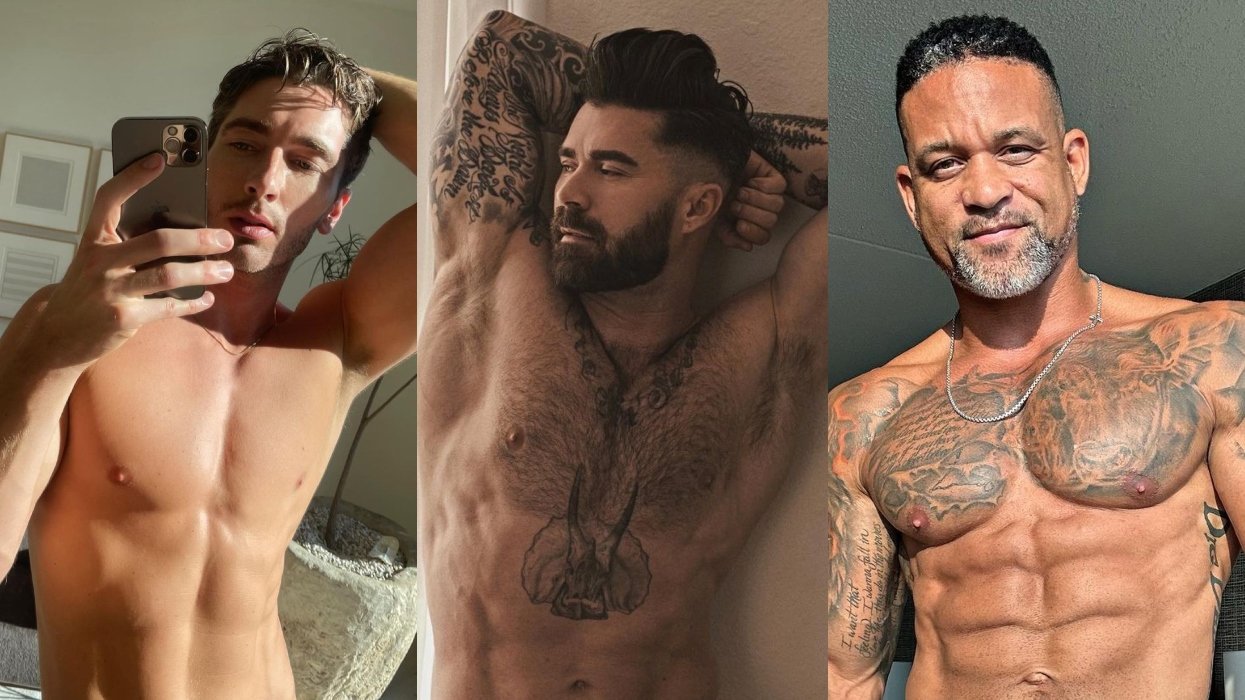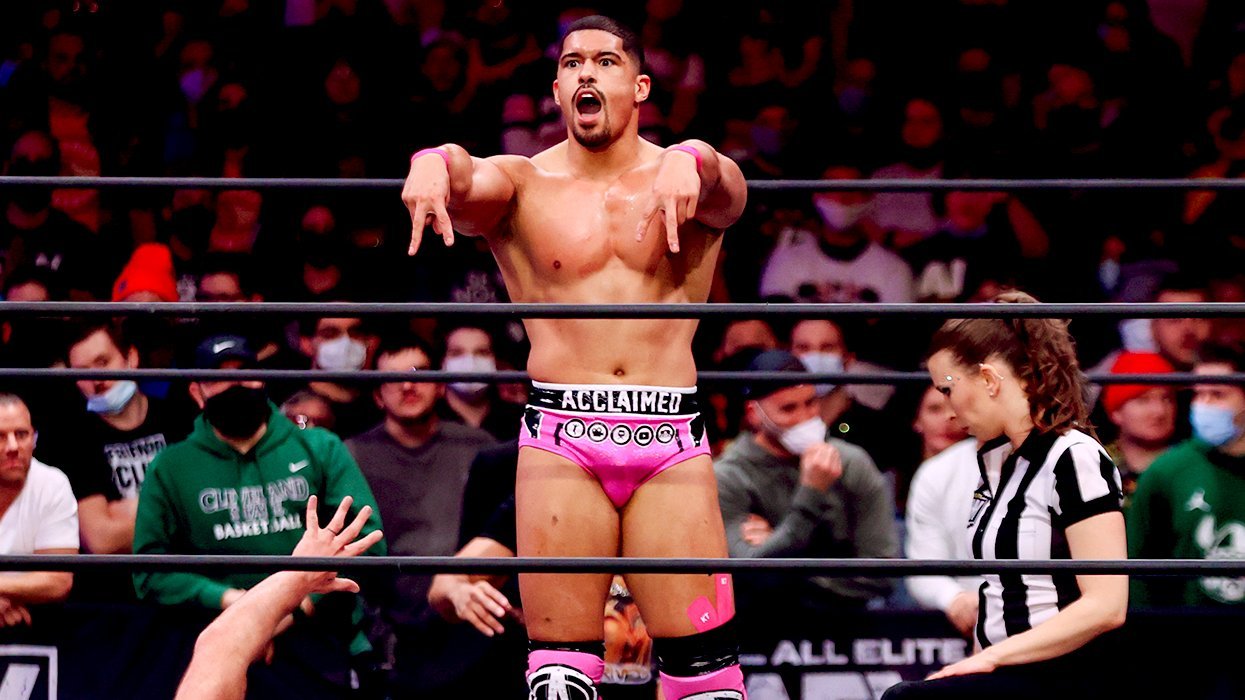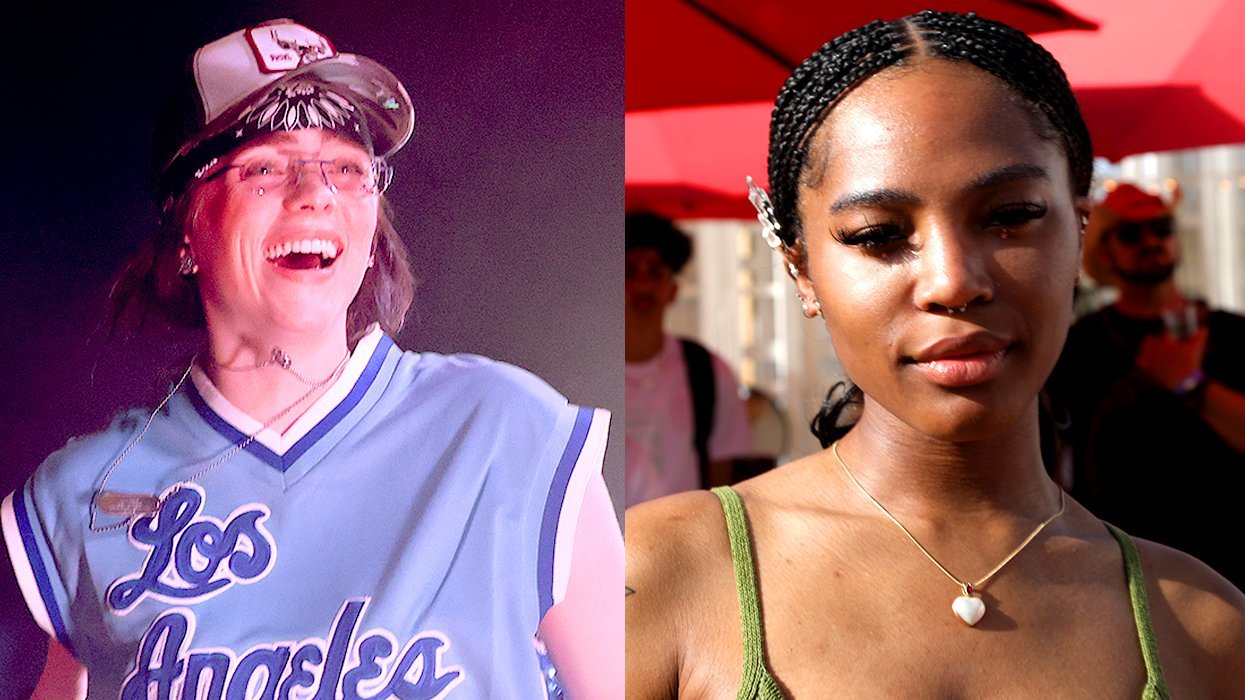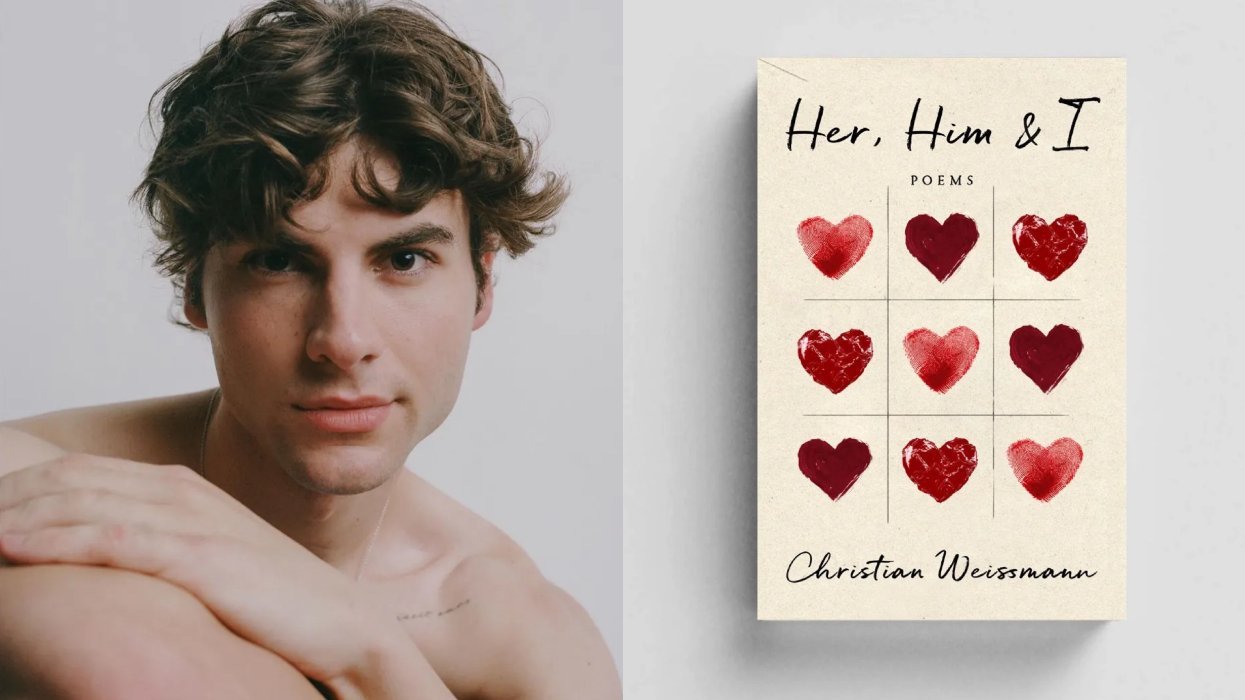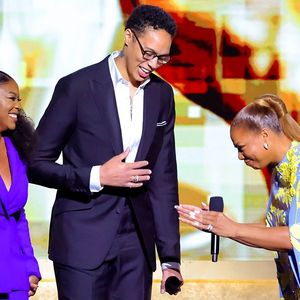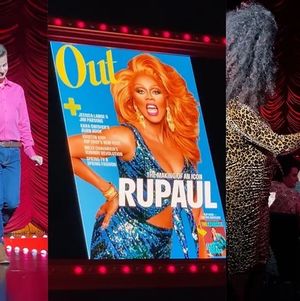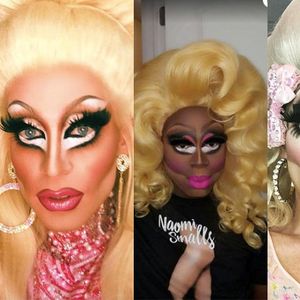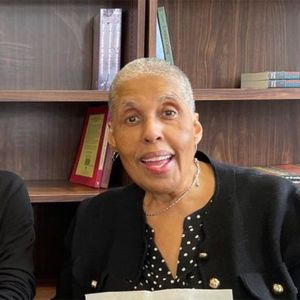CONTACTStaffCAREER OPPORTUNITIESADVERTISE WITH USPRIVACY POLICYPRIVACY PREFERENCESTERMS OF USELEGAL NOTICE
© 2024 Pride Publishing Inc.
All Rights reserved
All Rights reserved
By continuing to use our site, you agree to our Private Policy and Terms of Use.
Growing up, Nate Berkus knew he was different, and so did his parents: It was very, very important to me that my room was always clean and organized. Everything had its proper place, he recalls. Unfortunately, he shared his room with a slovenly younger brother who had zero appreciation for his fastidiousness and developing design eye. Mercifully, his parents recognized his need for a room of his own and his emerging passion for decorating and encouraged him to follow it. When he was 11, they gave him a bedroom and bathroom in the basement and with that a blank canvas to indulge his every aesthetic whim.
Parents often dont take time to nurture their childrens true interests, Berkus notes. They say Youre not supposed to like dolls, you arent supposed to be into design or cooking or whatever. Go play football. Fortunately, I had parents who said, You want to spend your Saturday at the flea market buying things for your room? Fine, well drop you off.
When other kids in Southern California raced off to the beach after school, Berkus headed home to watch his bathtub being installed or to oversee the hanging of new wallpaper. One day I came home and found my mother trying to make a whole paisley thing happen and threw myself in front of the wall, Berkus remembers. I was fascinated by the whole process of putting a space together.
Dont get the wrong idea, though: Meeting him today, its difficult to picture young Berkus poring over schematics and swatches while other kids were out running around. The affable, energetic designer jumps up at least three times during our interview to adjust himself, and his mind bounces from topic to topic as easily as he moves between varied business endeavors. In addition to being Oprah Winfreys resident design expert, he contributes regularly to her magazine O at Home, has written a book, Home Rules, and produces his own line of products for Linens n Thingsall the while running his interior design firm.
After spending much of his adolescence rearranging his neighbors living rooms, Berkus took a fairly direct route to become a TV design personality. His first job out of Lake Forest College was at an auction house in Chicago, where he honed his keen eye and got his first taste for the TV business. My boss hosted two shows on HGTV and I styled every area of the auction house that the camera filmed, he says. Conditions were anything but ideal, though.
He was working 70 hours per week, not making a lot of money, and struggling to make it to work by 8 oclock every morning. They fined me $10 each day I was late, which happened at least four days a week, Berkus says. That was half my food budget at the time!
Though the early morning call time was certainly problematic, its clear that the bigger problem was that he wasnt running the show. After a year, hed had it: I finally went into my bosss office and said, Look, Im tired. Im art-directing your show, Im running your monthly auctions, and Im paying you $40 a week for being late. I need to work for myself.
In 1995, at age 24, he opened Nate Berkus Associates. Friends who were successful real estate brokers introduced him to many of his first clients, and though initially he had no portfolio, he was able to talk his way into a lot of work. I was up-front, Berkus emphasizes. Id say, Listen, I dont have anything to show you, but I can tell you that Im honest and that I can work really, really hard for you because Im working really, really hard for me. He asked people to let him start with one room in the house to prove himself, and soon he was working on 10,000-square-foot projects.
Berkuss easy confidence and ability to speak matter-of-factly about nearly anything has become a bit of a trademark characteristic. All of the most successful relationships in my life, both personal and professional, are the ones where we have the hard conversations as much as we need to, he notes.
How does that translate into his work, exactly? When I meet with clients, the first thing I ask them is, Who are you? Its really hard for some people to answer, but its all about being true to who you are. Design can be a snobby, high-end situationand there are certainly things about that that I enjoybut theres also a life and a meaning behind my projects. Its about how I connect with people and how we work together through mutual appreciation. I always try to be direct, sometimes to a fault, but I think its why Im successful.
Six years after opening his firm, he was having dinner with a family friend who also happened to be an executive producer at The Oprah Winfrey Show. We were talking about fame, Berkus remembers, and someone at the table mentioned that they would hate being famous. I said Id love to be famous because you get to talk to people all the time and I love that. I didnt see it as an interruption of my privacy.
Soon after, an associate producer at Oprah called to see if hed be interested in making over a small space in Bostonin 72 hours. I think I didnt sleep for 68 out of those 72 hours, but my work ethic was the same as the crews and we had a great time. The audience loved it, Oprah loved it, and something was born in that moment. Hes since made 30-odd appearances onthe show.
When I ask him about the January 2005 appearance he made within one month of losing his partner, photographer Fernando Bengoechea, he doesnt miss a beat. The couple had been vacationing in Sri Lanka when the deadly December 26, 2004, tsunami that killed more than 200,000 people throughout South Asia struck their hut and washed them away. They were able to cling to a telephone pole and each other for 30 seconds before being separated.
Though he describes his condition on the set that day as catatonic, Berkus was able to engage viewers in an unprecedented American television moment. The designer, who had never discussed his sexuality on-air, described not only the events he endured that day but his and Bengoecheas love story. For millions of viewers, it was the first gay relationship theyd ever been able to relate to. That the human face now representing the tragedy to many Americans also happened to be that of an openly and even casually gay man was nothing short of extraordinary, and later that year he received the Human Rights Campaigns Visibility Award.
Beyond the $1.9 million the episode helped to raise for the region through Oprahs Angel Network, Berkus says that telling his and Bengoecheas story had an unexpected effect: After the show, I got a tremendous amount of letters and e-mails from kids across the country who were coming out. They said that watching the way my relationship with Fernando was presented on the show gave them the courage to say to their friends and parents, You know what, Im gay just like him and I want to have what he had. The most touching correspondence I received came from an 18-year-old who said, Id never seen a gay couples love story presented like that on TV before. Now that Ive seen it, I realize Id be wasting a lot of time if I didnt get out there and try to find it for myself. It was amazing, and it makes me really proud, because somebody somewhere was watching the show and it changed how they viewed themselves and their own opportunities to live in a successful gay relationship.
The last thing he considered was how Oprahs conservative audience might react to his story. I wasnt concerned about presenting my relationship with Fernando to the world, Berkus says. I wanted people to know about our life and what I lost. Why not go out there and tell a story that needs to be told?
He doesnt watch much in the burgeoning television genre of home makeover showsI get stuck on all the production detailsbut he is very supportive of what its doing for American design overall. Put a million of us on TV, he says. Everyone has an opinion, and the more choices people are offered, the better theyll live. People are much more willing to take risks now; theyre mixing and matching from different sourcesthe Internet, catalogs, flea markets, high-end showrooms, and pieces that have been in their family for many years. Americans are finally realizing that they have all these options to make creative spaces that tell the story of who they are.
So, does he enjoy fame as much as he thought he would? Oh, yeah! At the very beginning I asked myself: Do I want to have my name on tags? Do I want to be recognized in airports? Do I want to do what it takes to keep all that going? Yeah, I do. It all fits in well with my makeup. Hes currently expanding his product line to encompass all elements of the home, including furniture and lightingWere going huge, he says. Hed also like to explore even more television work, like a recent special he did for Oprah with Hurricane Katrina survivors.
More than anything though, hes gotten a sense of perspective from Oprah: Working with her, Ive learned how important it is to think about the meaning behind my actions. Having all of this exposure changes the way you live and makes your life a little more in service. And after almost dying, you realize that your word and your actions are all that you have in the end, and youre forced to think a lot more about what your impact will be when youre gone.
Want more breaking equality news & trending entertainment stories?
Check out our NEW 24/7 streaming service: the Advocate Channel!
Download the Advocate Channel App for your mobile phone and your favorite streaming device!
From our Sponsors
Most Popular
38 Male Celebs Who Did Full Frontal Scenes
November 17 2023 5:18 PM
These are all the celebrities Who came out as LGBTQ+ in 2023
December 31 2023 12:19 PM
32 LGBTQ+ Celebs You Can Follow on OnlyFans
October 25 2023 3:15 PM
26 actors who showed bare ass in movies & TV shows
February 28 2024 1:50 PM
21 LGBTQ+ reality dating shows & where to watch them
April 03 2024 4:01 PM
15 Unforgettable Gay Kissing Scenes From TV & Movies
February 14 2024 10:20 AM
14 queens who quit or retired from drag after 'RuPaul's Drag Race'
April 04 2024 12:56 PM
40 steamy celebrity Calvin Klein ads we'll always be thirsty for
January 04 2024 10:54 AM
The 15 Best LGBTQ+ Movies of 2023
December 04 2023 10:32 AM
Watch Now: Advocate Channel
Trending Stories & News
For more news and videos on advocatechannel.com, click here.
Trending Stories & News
For more news and videos on advocatechannel.com, click here.
Latest Stories
Kennedy Davenport finally explains the rumored 'All Stars 3' drama with Trixie Mattel
April 16 2024 4:16 PM
Watch the queens from 'Drag Race Live' hilariously reveal Out's RuPaul cover
April 16 2024 4:10 PM
Noah Beck claps back at people who assumed he's gay for hugging a male friend
April 16 2024 4:03 PM
Jonathan Bailey's next gig is being lined up & it involves dinosaurs & ScarJo
April 16 2024 2:12 PM
Queens were showing out & shining bright at The Center's fundraising dinner
April 16 2024 1:37 PM
Wanna hookup internationally? Grindr's new feature helps you do that
April 16 2024 12:58 PM
Ricky Martin reveals 'very discreet' man he's met in exclusive new 'Palm Royale' clip
April 16 2024 11:56 AM
This morning was PURE CHAOS in the Bravo universe
April 15 2024 7:35 PM
Wrestling stud Anthony Bowens stuns in sweaty & steamy gym selfie
April 15 2024 4:56 PM
Billie Eilish kissed a girl at Coachella & we're FREAKING OUT
April 15 2024 4:19 PM
Writing helped save one queer poet's life—now he wants to help others feel seen & heard
April 15 2024 4:08 PM



